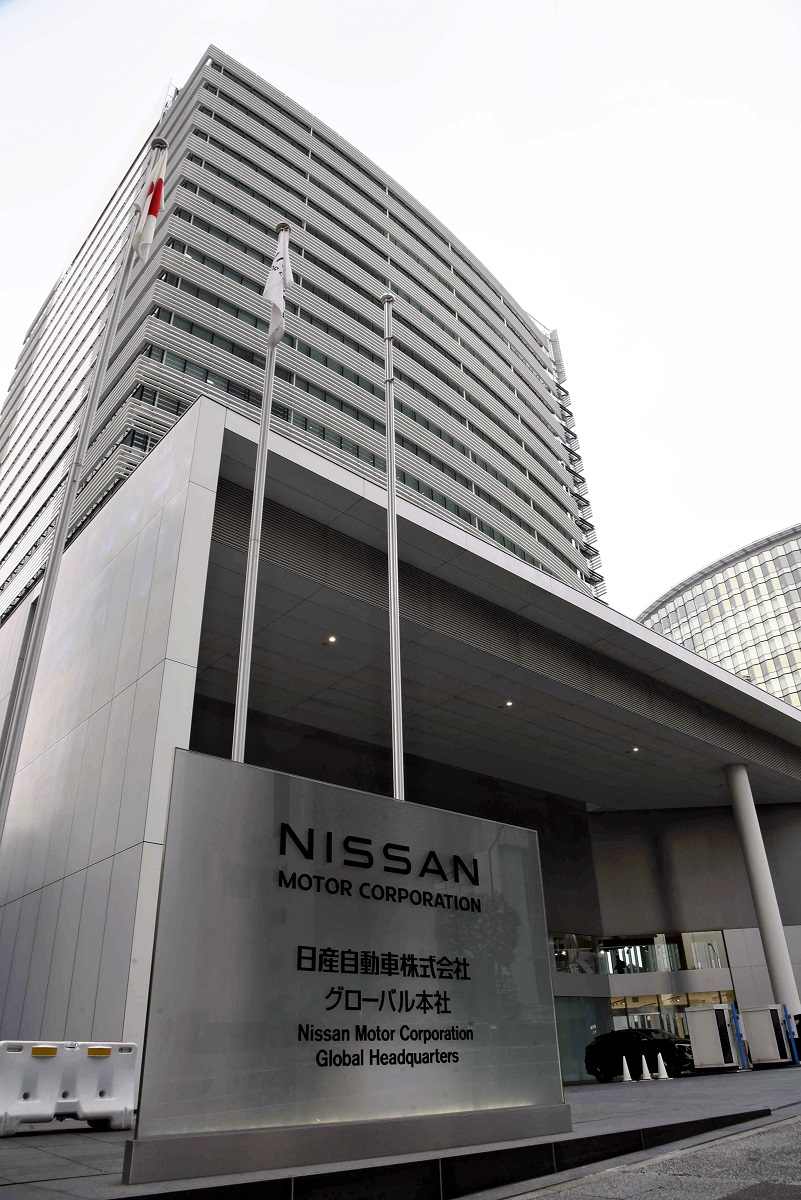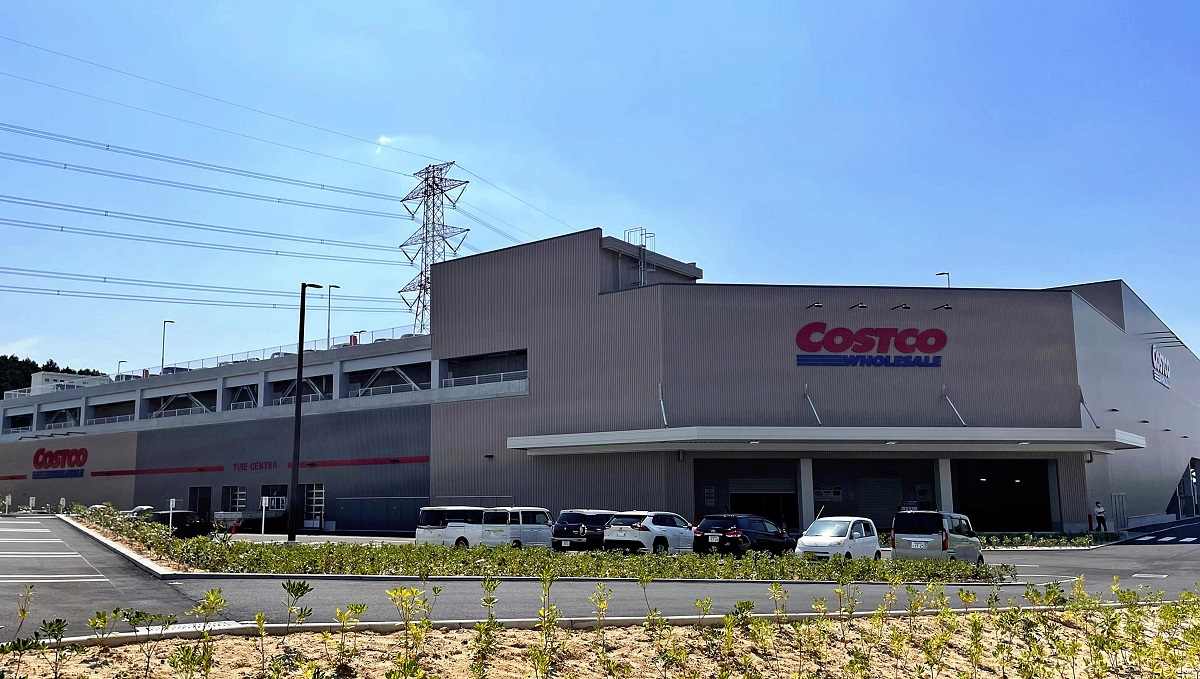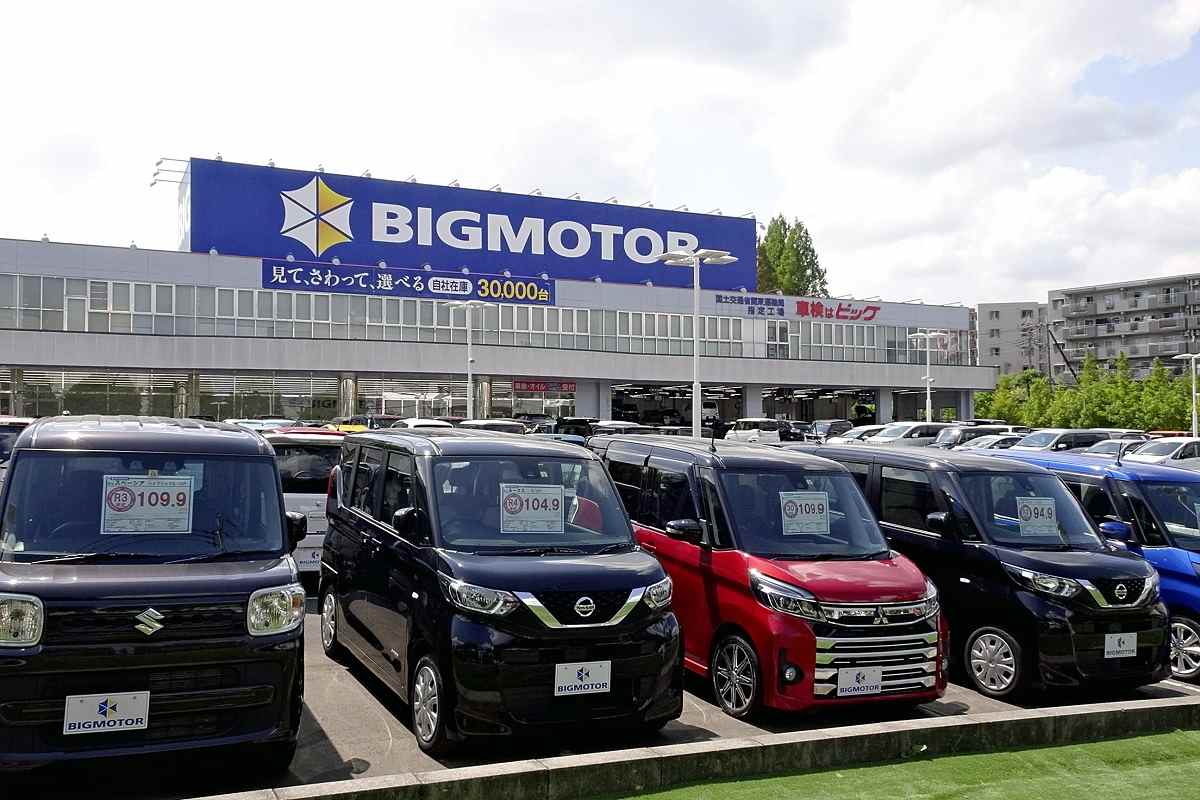Govt Combats ‘Supplier Bullying’ by Big Firms; Known Cases Likely Just Tip of Iceberg

Nissan Motor Co.’s headquarters building
20:00 JST, March 21, 2024
The government is stepping up its measures to fight unfair trade practices used by large corporations against small and medium-sized enterprises.
This month, the Japan Fair Trade Commission issued a recommendation to Nissan Motor Co. and other companies over unfairly cutting payments to their contractors. Later, the government decided to take the unprecedented step of publicly announcing the names of other companies that are reluctant to negotiate transaction prices with small and medium-sized enterprises.
The government hopes the measures will promote fair trade and allow small and medium-sized enterprises, which account for 70% of employment, to raise wages.
Shifting higher costs
A director of a plastics processing company in the Tokyo metropolitan area complained this month about his company’s difficulties in dealing with a major manufacturer.
“Even though the costs of materials and electricity have gone up, they demanded that we lower the transaction prices rather than negotiating,” he said. “I doubt that the major companies are creating funds to raise their wages by placing the burden on their suppliers.”
The company has economized on electricity and reduced the amount of raw materials it uses by cutting its product by 0.1 millimeters as a way to provide wages for its 25 employees.
The company was at its wit’s end, saying there was nothing else it could cut, but it reluctantly agreed to accept the lower payment for fear of losing business.
The triple burden — rising raw material, utility and labor costs — is a challenge facing Japanese companies. In the end, the burden tends to fall on small and medium-sized firms, which are in a more vulnerable position.
To change this situation, the government issued new guidelines in November last year. The guidelines require large companies to negotiate with small and medium-sized ones based on the economic environment and to appropriately reflect the increased labor costs and other factors in their transaction prices.
The government issued the guidelines thinking that correct price-shifting will increase the income of small and medium-sized enterprises, thus creating room for wage increases for their employees.
In reality, the effects of these policies have not reached the front lines of business.
Citing the government guidelines, a director of an auto parts company in the Kanto region tried to negotiate prices with a large company that had been pushing for price reductions every year.
But, he was stunned by a comment from the person in charge of the company with whom he was negotiating: “I want you to overcome this problem with the spirit of your company.”
Tip of iceberg
Recently, there have been many revelations of what could be described as “supplier bullying.”
On March 7, the JFTC issued a recommendation to Nissan Motor Co. because its unilateral lowering of the prices it paid to contractors — paying less than the price agreed when the orders were placed — was found to violate the Subcontract Law.
On March 12, the commission issued a recommendation to Costco Wholesale Japan Ltd., the operator of the U.S.-originated membership supermarket Costco, for improperly reducing prices and returning products to suppliers.
On March 15, it also issued a recommendation and guidance to Bigmotor Co., a major used car sales company, for similar reasons.
In addition to forcing its contractors to pull weeds and sweep floors for free, Bigmotor was also found to have unilaterally reduced the prices paid to them by nearly 30%.


Top: A Costco store
Bottom: A Bigmotor Co. outlet
The total number of times the JFTC issued recommendations and guidance in fiscal 2022 for violations of the law reached 8,671, the highest number ever.
Looking at recommendations alone, the number for the current fiscal year had reached 12 as of Wednesday, the highest level in the past 10 years.
The number has risen as the JFTC has stepped up its scrutiny of actions that hinder the government’s efforts to enable small and medium-sized enterprises to reflect higher costs in their prices and raise wages for their employees.
On March 15, the commission announced the names of 10 companies, including Daihatsu Motor Co. and Kyocera Corp., that froze transaction prices without discussing the matter with their suppliers.
Last year, according to a survey by the Small and Medium Enterprise Agency, 20% of companies had their contracting prices kept unchanged by the client companies. This shows that the unfair trade practice cases uncovered are only the tip of the iceberg.
Top Articles in Politics
-

Japan PM Takaichi’s Cabinet Resigns en Masse
-

Sanae Takaichi Elected Prime Minister of Japan; Keeps All Cabinet Appointees from Previous Term
-

Japan’s Govt to Submit Road Map for Growth Strategy in March, PM Takaichi to Announce in Upcoming Policy Speech
-

LDP Wins Historic Landslide Victory
-

LDP Wins Landslide Victory, Secures Single-party Majority; Ruling Coalition with JIP Poised to Secure Over 300 seats (UPDATE 1)
JN ACCESS RANKING
-

Producer Behind Pop Group XG Arrested for Cocaine Possession
-

Japan PM Takaichi’s Cabinet Resigns en Masse
-

Man Infected with Measles Reportedly Dined at Restaurant in Tokyo Station
-

Israeli Ambassador to Japan Speaks about Japan’s Role in the Reconstruction of Gaza
-

Videos Plagiarized, Reposted with False Subtitles Claiming ‘Ryukyu Belongs to China’; Anti-China False Information Also Posted in Japan























